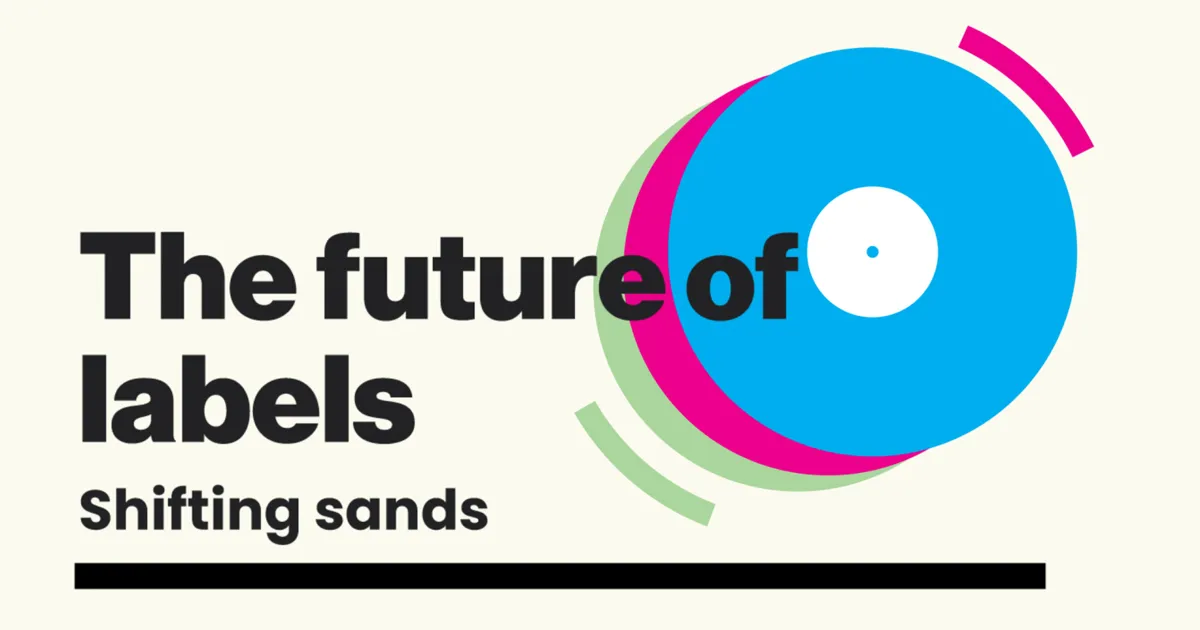[UPDATED] A new report from Mark Mulligan and media industry analysts MIDiA looks at the massive impact YouTube along with its yet to launch Music Key service will have on the music industry. YouTube delivers a massive audience of 210 million active music fans, according to the study. But it fails to deliver the commensurate revenue, and that is likely to get much, much worse.
YouTube's Free Tier Will 'Suck The Oxygen' From Spotify, Competitors
YouTube Music key "should prove to be among the most compelling music product offerings in the marketplace, yet YouTube’s net impact on the subscriptions’ sector will still be net negative with its free tier sucking the oxygen from its premium competitors,” says Mulligan.
MIDiA asked 1000 UK YouTube users if they'd pay for an ad free music subscription service from YouTube, and just 7% sent yes. In fact, 25% said they'd never every pay for any music subscription service because the already get all the music they need on YouTube for free.
$2.3 Billion In Net Loss To Artists and Labels Per Year
The report extrapolates that YouTube Music Key will generate $400 million in revenues in its first year. But over the long run it will also be responsible for more than $2.6 billion in lost subscription revenue yearly. That's a negative net impact of $2.3 billion in lost music revenue every year, according to the study.
Related articles






